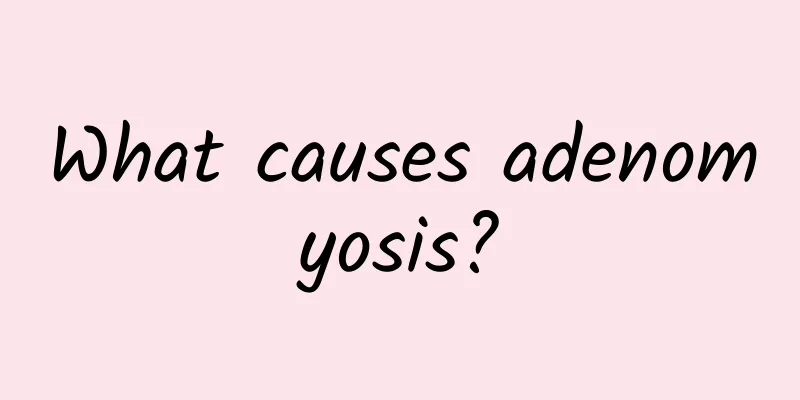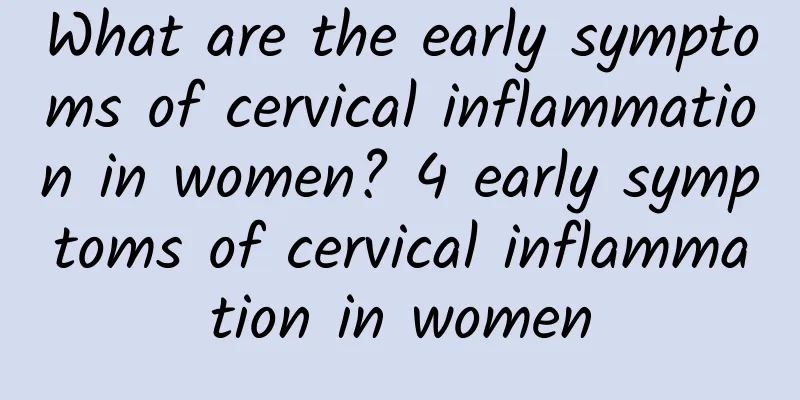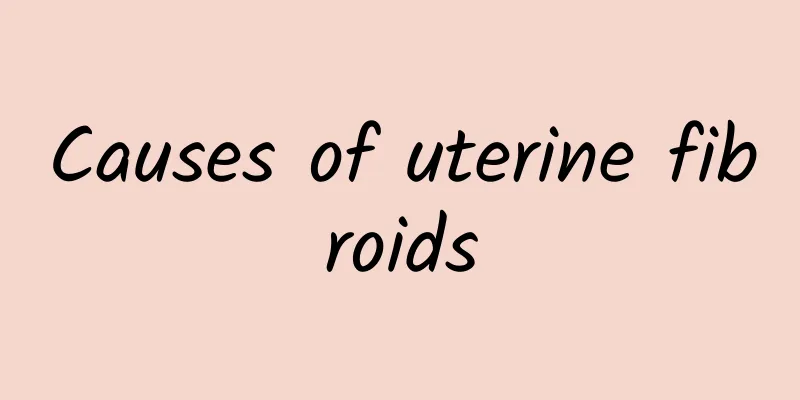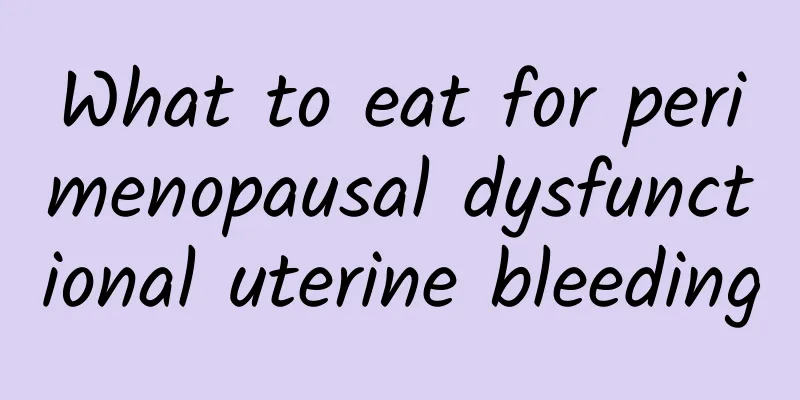Causes and symptoms of uterine cysts
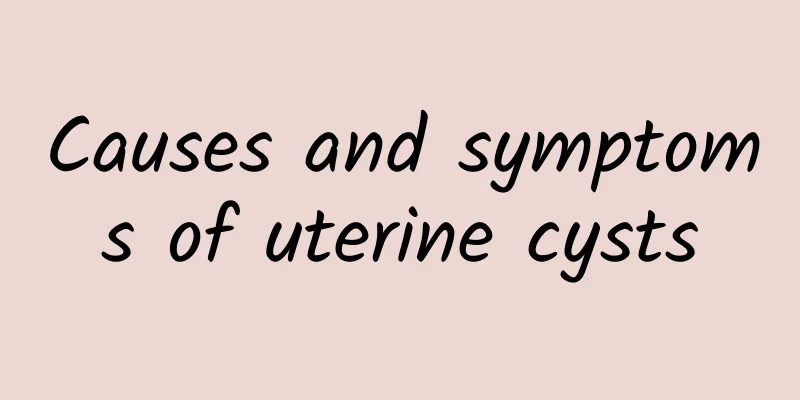
|
The causes of uterine cysts include genetics, environmental factors, physiological changes, chronic inflammation, etc. The symptoms may be menstrual disorders, lower abdominal pain, infertility, etc. The corresponding treatment measures should be selected according to the cause, such as drug treatment, surgical intervention or lifestyle adjustment. It is recommended to see a doctor as soon as possible to get a clear diagnosis if you feel any discomfort. 1. Genetic factors Uterine cysts may be related to family heredity. If the female elders in the family have a similar medical history, the risk of the disease will increase for the offspring. Cysts caused by heredity are mostly functional cysts, which usually present with mild symptoms. It is recommended that women with a family history of the disease undergo regular gynecological examinations to detect problems as early as possible. 2. Environmental factors Long-term exposure to harmful substances in the environment, such as pollution and chemicals, can increase the risk of cysts. Unhealthy lifestyles, such as smoking, staying up late, and unbalanced diets, can also induce uterine cysts. It is recommended to maintain healthy living habits, eat a balanced diet, stay away from tobacco and alcohol, and pay attention to the balance between work and rest. 3. Physiological factors Fluctuations in hormone levels in women are an important cause of uterine cysts. Long-term high estrogen levels or hormonal abnormalities such as luteal insufficiency increase the possibility of cyst formation. It is recommended to regulate endocrine, avoid excessive weight loss or obesity, and use hormone regulating drugs under the guidance of a doctor. 4. Chronic inflammation and pathological cysts Chronic inflammation of the uterus or adnexa can lead to the formation of cysts, such as endometritis and pelvic inflammatory disease. Some cysts are pathological, such as cysts caused by endometriosis or secondary cysts caused by ovarian cancer. These cysts are more serious and usually require medication, surgical removal, etc. Medication such as analgesics to relieve pain, anti-inflammatory drugs to control inflammation, and surgical methods such as cystectomy and hysteroscopy can be selected. 5. Symptoms Common symptoms include abnormal menstruation such as excessive or insufficient menstrual flow or irregular menstruation, lower abdominal pain, especially during menstruation or after sexual intercourse, infertility or difficulty getting pregnant, and other serious conditions. If the cyst is large, it may compress the surrounding tissues and cause symptoms such as frequent urination or constipation. Once such symptoms occur, you should go to a gynecological hospital for ultrasound examinations to determine the location and nature of the cyst. Uterine cysts can be caused by a variety of reasons, and the symptoms vary in severity, but even small cysts can gradually grow larger or worsen. It is recommended that women have regular physical examinations and pay attention to abnormal physical manifestations, respond to the condition scientifically, and choose reasonable treatment methods under the guidance of a doctor when necessary to minimize health risks. |
<<: What are the dangers of uterine fibroids?
>>: Can Wuji Baifeng Pills treat irregular menstruation?
Recommend
How long does it take to get your period after an abortion?
Before an abortion, people always think about how...
How long after a miscarriage can I drink tea? What are the dangers of drinking tea after a miscarriage?
How long after a miscarriage can you drink tea? M...
The cost of abortion surgery is related to the method of abortion chosen
If a woman accidentally gets pregnant, abortion i...
Is it accurate to measure blood sugar during menstruation? What should I pay attention to when measuring blood sugar?
Testing blood sugar during menstruation is inaccu...
What tests are needed for cervical erosion 2nd degree
What kind of examinations are needed for cervical...
How many days after ectopic pregnancy surgery?
What does ectopic pregnancy mean? What we call &q...
How to take care of pelvic peritonitis?
We are all very familiar with pelvic peritonitis,...
Symptoms of different types of uterine fibroids vary
Uterine fibroids are a common benign tumor of the...
Is there any cervical erosion? What should I do to check it?
The best methods to confirm whether there is cerv...
How long does it take to get your period after having an abortion?
How long does it take for a woman to have her men...
Will frequent constipation lead to colon cancer? Must-eat cabbage: 3 types of good anti-cancer foods
Colorectal cancer has topped the list of the top ...
Introduction to the causes of uterine fibroids
With the increasing number of patients with uteri...
How long does it take to expel the gestational sac after medical abortion? What should you pay attention to after expelling the gestational sac?
Generally speaking, if a woman expels the gestati...
How to diagnose female pelvic peritonitis
What tests do regular hospitals do when diagnosin...
Patients with cervical erosion should pay attention to postoperative precautions in a timely manner
At present, the incidence of cervical erosion is ...
